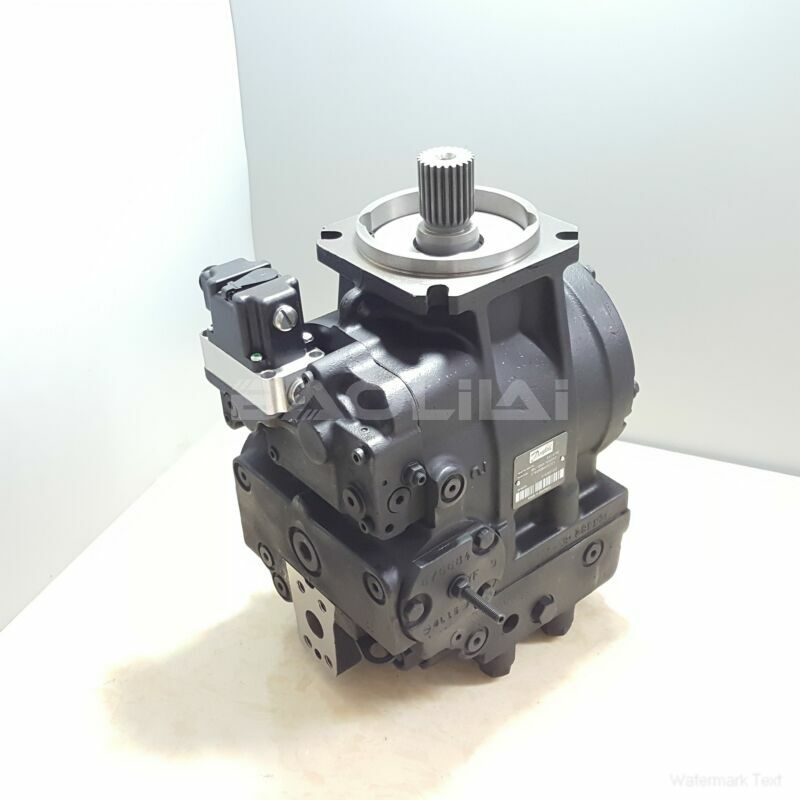90R250HF5NN80S4C8K03NNN353528 sauer danfoss pump
90R250HF5NN80S4C8K03NNN353528 sauer danfoss pump

- Product Details
- Applicable Scene
In hydraulic systems, pumps play a vital role in converting mechanical energy into hydraulic energy to facilitate the operation of various machinery. While the efficiency of hydraulic pumps is crucial for optimal performance, one often overlooked aspect is heat dissipation. The significance of managing heat in hydraulic pumps cannot be understated, as excessive temperatures can lead to a range of problems affecting both performance and longevity.
90-R-250-HF-5-NN-80-S-4-C8-K-03-NNN-35-35-28
90R250HF5NN80S4C8K03NNN353528
Hydraulic pumps generate heat primarily due to friction and pressure losses during operation. As hydraulic fluid moves through various components, it encounters resistance, which leads to an increase in temperature. This heat can have detrimental effects on the hydraulic fluid itself, the pump components, and the overall system efficiency.

701386
One of the primary concerns with increased temperatures is thermal degradation of the hydraulic fluid. Most hydraulic oils have a specified operating temperature range beyond which their performance deteriorates. Elevated temperatures can result in a breakdown of the fluid’s chemical structure, leading to reduced lubrication properties, increased viscosity, and accelerated oxidation. This degradation not only compromises the fluid’s efficiency but can also lead to sludge formation, which can further impair system performance.
Furthermore, excessive heat can lead to premature wear and failure of pump components. Hydraulic pumps are designed to operate within specific temperature limits. When these limits are exceeded, the seals, bearings, and gears can experience accelerated wear, resulting in leaks and inefficiencies. This can lead to costly repairs and downtime, ultimately impacting productivity.
Heat dissipation is also critical in maintaining hydraulic system efficiency. Higher temperatures can lead to increased fluid viscosity, which negatively affects flow rates and pressure outputs. As the viscosity rises, the pump must work harder to move the fluid, leading to higher energy consumption and reduced overall efficiency. Effective heat management ensures that the hydraulic fluid remains within its optimal operating temperature range, allowing the pump to function efficiently.





